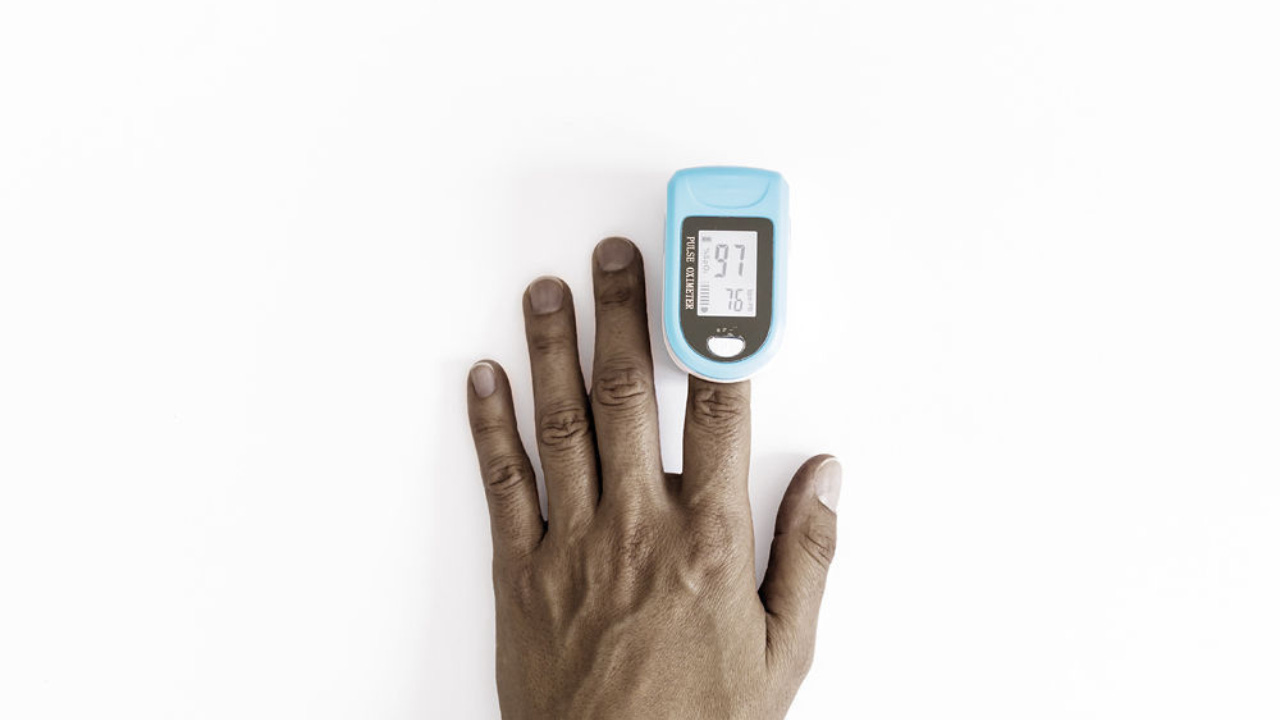The Intersection of Health and Wealth
Why Socioeconomic Status Matters in Healthcare
In today's world, healthcare has become a necessity, and the cost of healthcare services is continuously rising. The importance of socioeconomic status in accessing healthcare has become more evident than ever. I learned this lesson for myself when I received a bill of $530 for lab work and realized the impact socioeconomic status plays on healthcare access and outcomes.
While poverty affects people of all races, it has unique and detrimental effects on Black women's health outcomes. Today we'll explore why socioeconomic status matters in healthcare, the specific impact of poverty on Black women's health, and how healthcare providers can better understand and address socioeconomic disparities among their patients.
Why Socioeconomic Status Matters in Healthcare
Socioeconomic status is a complex construct that includes factors such as income, education, occupation, and access to resources. These factors all play a role in shaping one's health outcomes and access to healthcare. Research consistently shows that individuals from lower socioeconomic backgrounds are more likely to experience worse health outcomes and have poorer access to healthcare services.
The reasons for this are multifaceted. For example, individuals from lower socioeconomic backgrounds often face greater exposure to environmental toxins and stressors, which can negatively impact their health. They may also have limited access to healthy food options, safe housing, and reliable transportation, affecting their ability to maintain good health. In addition, individuals from lower socioeconomic backgrounds may experience discrimination and bias from healthcare providers, leading to a lack of trust in the healthcare system.
The Impact of Poverty on Black Women's Health Outcomes
Black women experience unique and detrimental effects of poverty on their health outcomes. Poverty is associated with higher rates of chronic diseases such as heart disease, diabetes, and hypertension, disproportionately affecting Black women. Poverty can also negatively impact Black women's mental health, as they may face additional stressors related to discrimination and racism.
Black women also face significant disparities in maternal health outcomes. Research shows that Black women are three times more likely than white women to die from pregnancy-related complications (CDC, 2022). This is partly due to systemic racism and bias within the healthcare system, which can lead to inadequate care and treatment.
In addition, poverty can impact Black women's access to reproductive healthcare services, such as contraception. For instance, there is a higher likelihood that Black women will live in areas with limited access to healthcare facilities. They may also face barriers related to cost and insurance coverage.
Addressing Socioeconomic Disparities Among Black Women Patients
Healthcare providers can be critical in addressing socioeconomic disparities among their Black women patients. First and foremost, healthcare providers need to acknowledge and understand the impact of poverty on Black women's health outcomes. Providers should also work to build trust with their patients and ensure that they feel heard and respected.
Healthcare providers can also work to address the social determinants of health that impact their patients. This may include referring patients to community resources, such as food banks or transportation services, that can help address poverty-related issues. Providers can also work to address bias and discrimination within the healthcare system through cultural competency training and implementing policies that promote equity.
In addition, healthcare providers can work to ensure that their Black women patients have access to high-quality healthcare services. This may include increasing access to reproductive healthcare services, such as contraception, and ensuring that Black women receive adequate care and treatment during pregnancy and childbirth.
The intersection of health and wealth is critical, as socioeconomic status plays a significant role in healthcare access and outcomes. Poverty has unique and detrimental effects on Black women's health outcomes, and healthcare providers must work to address socioeconomic disparities among their Black women patients. By acknowledging and understanding the impact of poverty on Black women's health outcomes, addressing the social determinants of health, and ensuring that Black women have access to high-quality healthcare services, healthcare providers can help promote health equity and improve outcomes for their Black women patients.
Source
CDC Health Equity. (2022). Working Together to Reduce Black Maternal Mortality. CDC. https://www.cdc.gov/healthequity/features/maternal-mortality/index.html



